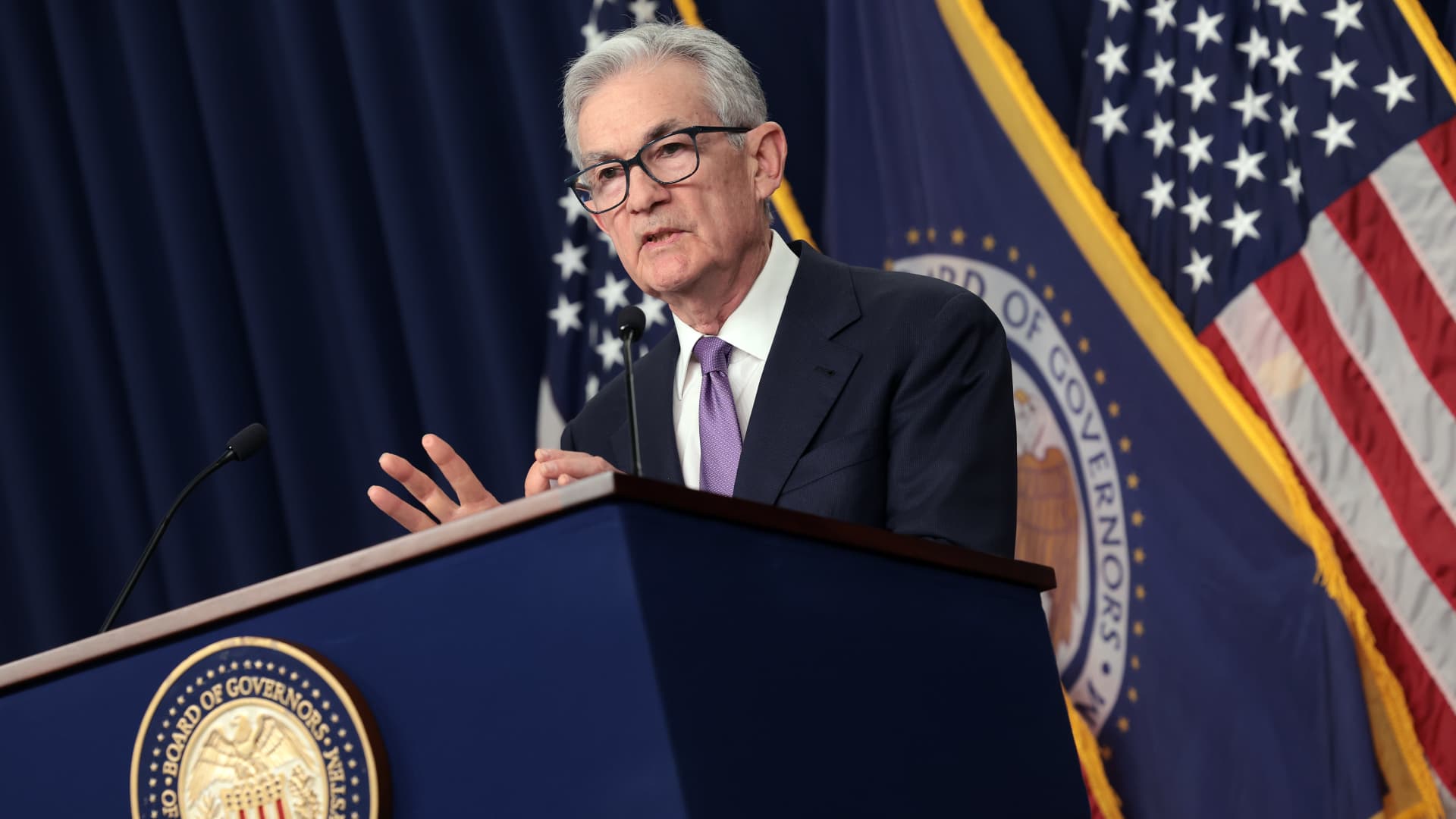9/11 Panel Finds No Iraq-Qaeda Links
report released on Wednesday, June 16, by the National Commission on Terrorist Attacks Upon the United States said there was no "credible evidence" that Iraq had helped Al-Qaeda attack the United States, reported Agence France-Presse (AFP).
Along with the allegation that Iraq was stockpiling weapons of mass destruction, none of which was ever found after a year of American occupation, top administration official, including President George Bush, have often asserted that there were extensive ties between Baghdad and Al-Qaeda.
As recent as Monday, June 14, Vice President Dick Cheney claimed that Saddam had "long-established ties with Al-Qaeda."
However, the 9/11 commission, which had access to all classified information, said there had been contacts between Iraq and Al Qaeda but no cooperation.
It added that Osama Bin Laden "explored possible cooperation with Iraq" while in Sudan through 1996, but that "Iraq apparently never responded" to his request for help.
The commission cited reports of contacts between Iraq and Al-Qaeda after Bin Laden went to Afghanistan in 1996, adding, "but they do not appear to have resulted in a collaborative relationship.
"Two senior Bin Laden associates have adamantly denied that any ties existed between Al-Qaeda and Iraq. We have no credible evidence that Iraq and Al-Qaeda cooperated on attacks against the United States."
The 9/11 report also said there was "substantial uncertainty" about whether Bin Laden or his network had any role in a 1993 attack on the World Trade Center in New York or a reported plot, based in Manila, to blow up a dozen US aircraft in 1995.
Defiant
Presidential hopeful Sen. John F. Kerry charged that the "misled America, and the administration reached too far."
"I believe that the 9/11 report, the early evidence, is that they’re going to indicate that we didn’t have the kind of terrorists links that this administration was asserting. I think that’s a very, very serious finding," he told Michigan Public Radio.
However, a White House official argued that the administration’s statements on Al-Qaeda "rest on a solid foundation of history and facts. The record of links between Iraq and Al-Qaeda is clear to anyone who has open eyes and an open mind".
Cheney’s aides said he has no intention of backing down on Al-Qaeda claim despite the commission’s finding.
"Hell no!" an administration official was quoted by Reuters when asked if Cheney would retract his statements.
Defense Secretary Donald Rumsfeld declared in September 2002: "We know that Al-Qaeda is operating in Iraq today".
"We have solid evidence of the presence in Iraq of Al Qaeda members, including some that have been in Baghdad," former CIA chief George Tenet said in an October 7, 2002 letter to the Senate Select Committee on Intelligence.
Secretary of State Colin Powell admitted in January that he had seen "no smoking gun [or] concrete evidence" of ties between Saddam Hussein and Al-Qaeda.
Pakistan Helped Taliban
The 9/11 report said Pakistan had helped the Taliban regime in Afghanistan to harbor Bin Laden before the US invasion of the country in late 2001.
It said Pakistan broke with the Taliban only after September 11, even though it knew the militia was hiding Bin Laden.
"The Taliban’s ability to provide Bin Laden a haven in the face of international pressure and UN sanctions was significantly facilitated by Pakistani support," said the report.
"Pakistan benefited from the Taliban-Al-Qaeda relationship, as Bin Laden’s camps trained and equipped fighters for Pakistan’s ongoing struggle with India over Kashmir".
The official investigation has already been highly critical of US intelligence failures and highlighted many signs of the impending attacks by Al-Qaeda.
The US administration, including Bush, has insisted that there was nothing that indicated the date and target of the attacks.
The final official report is to be handed over to the administration next month.

/cloudfront-us-east-2.images.arcpublishing.com/reuters/ZFA6XRNM6ZI3BCWM6OEWVU4AZ4.jpg)

